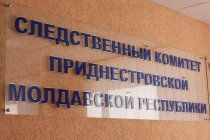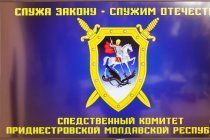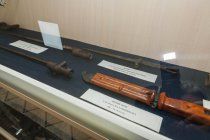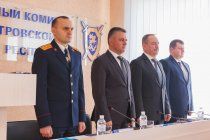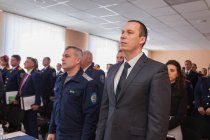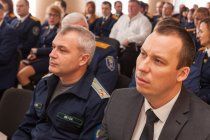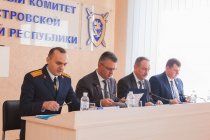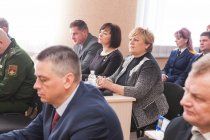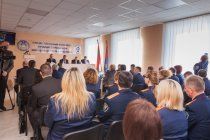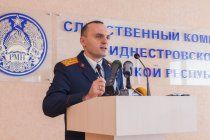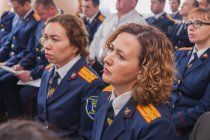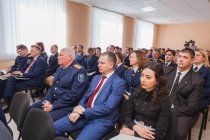 Русский
Русский English
English-







The interaction of law enforcement will help fight crime
The President Vadim Krasnoselsky, Chairman of the Supreme Council Alexander Korshunov, his deputy, head of the parliamentary committee on legislation, defense, security, peacekeeping, law enforcement agencies, protection of citizens' rights and freedoms Galina Antyufeyeva and parliamentarian Gregory Dyachenko attended the meeting of the Collegium of the Investigative Committee. Today it employs 168 people, and the average age of employees is 35 years.
The Head of the Investigative Committee Vyacheslav Brynzar had a report on the activities of the department. The work is characterized by numbers. Last year, 5.024 criminal cases were in production, 58 each per investigator. 1145 cases were sent to the courts.
The head of the IC stated a tendency to a decrease in the crime rate in the republic - last year it decreased by 12.4% compared with 2017.
According to the head of the Investigative Committee his staff paid special attention to the disclosure of crimes committed against minors in the past year, as well as related to tax law violations.
The success of the investigating authorities is characterized by another figure - 121 million rubles. That is how much, together with the arrested movable and immovable property, amounted to the amount returned to citizens who have suffered from criminal encroachments. Moreover, the dynamics of this indicator is impressive: in 2017 - 94 million rubles, in 2016 - 6 million rubles.
Last year, the Supreme Council carried out a great deal of work on legislatively returning to the Prosecutor’s Office of functions that it possessed earlier.
Among the presidential instructions there is definition of clear criteria by which criminal prosecution may be terminated with respect to violators of tax legislation. According to Vadim Krasnoselsky, it can be both fully payment of taxes, fines and penalties and partially.
In his speech, the president also focused on the issues of raising the qualifications of the staff of the IC based on the Tiraspol Law Institute; the resumption of the practice of holding weekly coordination meetings; investigations of the most complex and high-profile criminal cases exclusively by employees of the central office of the Investigative Committee.


